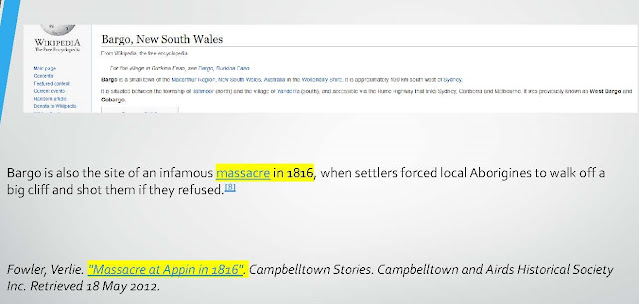This article is based on a presentation I gave about the importance of research for writers and is being published in four parts.
Examples from my own research for my three published books and my current project (the biography of Berenice Walters, the Dingo Lady) are in blue.
Where to find research resources.
This article focusses on three key sources
• Internet
• Specialist organisations
• People
Use them creatively
One author I read about spent a morning studying castle plans on the internet then drew a fictional castle so when describing her character’s exploration, it all fits together.
Internet.
Travel and tourism websites
If a travel destination, accommodation facility or attraction does not have a website it might as well close its doors.
If you are writing about a destination the best research is a personal visit. If this is not viable, or affordable, travel and tourism websites can be valuable sources to help you develop a ‘feel’ for your setting with information and images.
Photos and images
If you are struggling to describe your characters or need some prompting, Google images can help.
Example
Your leading lady has red hair, but you can’t imagine her other features. A simple search in Google Images for ‘red hair lady’ will return an amazing collection for your consideration.
The same approach applies if you need a visual image to describe a location, building, architectural style etc.
Google
Google and Wikipedia are a first stop for research but don’t let them be the last. Be aware that search engine optimisation may drive you to sites that are not reliable. Adverts often come at the top of the list and also may not be accurate for your research.
Another thing to watch in your Google searches is the country of origin. An Australian author I know has .com (international) website. If you search her name under Australia only it won’t come up as a result.
Google maps
Google maps can take you to places you haven’t been and put the distances between one place and another in perspective.
Wikipedia
Wikipedia often appears right at the top of your search results. Just because it come up first doesn’t mean it’s accurate.
Because it can be updated (information added, changed etc) by anyone, its accuracy is not necessarily reliable. I highly recommend using more than one source to confirm your facts.
Example 1
When I was writing Angel with Drumsticks about an Italian rock band, Wikipedia, and many other websites stated the band undertook a world tour. This is incorrect and my source for the truth came from band members.
The source of my book was the band leader Angelo Ferrari. This screen capture shows a list of band members with a link for more information about Angelo.
When you click on the link this is what it goes to:

Now Angelo, in my story was born in Rome but that is where the facts finish. He was born in 1948, has never been an actor and never worked in Germany or Austria.
Example 2
The second example is from my current project, the biography of Berenice Walters, the Dingo Lady.
Berenice and her husband, Bern, moved to Bargo in 1951. Bargo has an interesting history so I decided to include some details in the book.
Searching for Bargo history a Wikipedia page came up with reference to an aboriginal massacre occurring in the district in 1816.
I am familiar with the history and was surprised to read a significant event involving the massacre of hundreds of Aborigines was wrongly located.




No comments:
Post a Comment